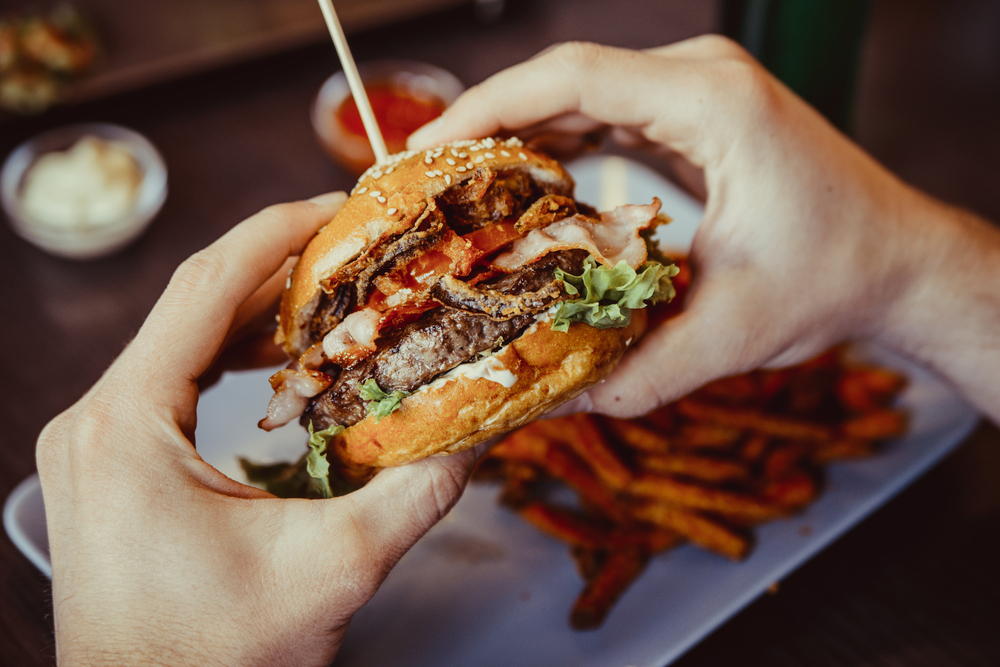
According to research, it’s not just the type of food you consume that is important, but also when you eat it. The time of eating is very essential and has a lot of impact on your overall health.
A recent study presented at the 2020 European and International Obesity Congress showed that individuals who eat late at night tend to consume more calories and unhealthy foods in general. Late-night eaters tend to eat more and are more prone to binge eating, especially if they don’t eat enough throughout the day.
1,200 adults participated in the UK National Diet and Nutrition Survey from 2012 to 2017 conducted by researchers from Ulster University in Northern Ireland. Over a five year period, researchers analyzed the data from these participants, including their detailed food diaries.
According to their findings, all of the participants consumed about 40% of their daily calories after 6 pm. The study also showed that the participants who consumed more calories at night were also the ones who ate more over the course of the day. Late-night eaters had a diet based on junk foods, less nutrient-rich foods and they also consumed alcohol.
An interesting aspect found by researchers was that evening eaters consumed less sugar and fewer carbohydrates compared to participants who ate more during the day. But nutritionally speaking, this still doesn’t surpass the number of calories they consumed.
Many studies made about this topic came to the same conclusions, which showed that the timing of eating is linked to health and wellbeing. According to Judith Baird, PhD researcher at Ulster University and co-author of the study, the timing of eating has been proven to affect metabolic and physiological processes, creating irregular eating patterns (binge eating, late-night eating) that are linked to an increased risk of obesity. She mentions that further research is still needed to show how the timing of eating affects the food choices we make and the quality of our life.
Their findings are very useful for nutritionists because they can be used to improve people’s diets and overall wellbeing by just telling them when to eat.
“Timing of energy intake may be an important modifiable behavior to consider in future nutritional interventions, not only because it may help to decrease overall energy intake, but also it could also have an intake on food choice,” Baird said.
She added that future research needs to concentrate on how this time of eating works and how it impacts the feelings of hunger and fullness throughout the day, taking into consideration one’s eating habits.












































